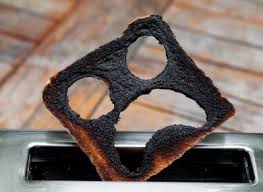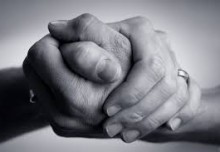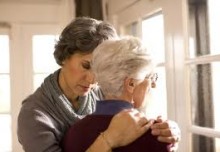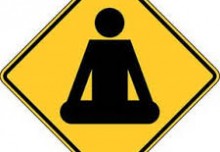 Too much caregiving can be harmful to your health! I have talked in the past about how important it is for us all to help care for the caregiver and that caregivers deserve to take care of themselves in midst of all the other tasks of caregiving. And if they do not attend to their own needs, what then? Well, they run the risk of becoming the proverbial “toast.” I have never seen an actual case of caregiver burnout, but I have seen a fair bit of toast in my years as an aging life care consultant or geriatric care manager.
Too much caregiving can be harmful to your health! I have talked in the past about how important it is for us all to help care for the caregiver and that caregivers deserve to take care of themselves in midst of all the other tasks of caregiving. And if they do not attend to their own needs, what then? Well, they run the risk of becoming the proverbial “toast.” I have never seen an actual case of caregiver burnout, but I have seen a fair bit of toast in my years as an aging life care consultant or geriatric care manager.
For instance, the middle-aged gentleman with whom I spoke a while ago about his care giving duties for his ailing mother. He summed up his situation by saying, “I’ve gone from five hours of uninterrupted sleep each night to five hours of interrupted sleep each night.” And he very much looked it. If you are a caregiver to an older loved one or know someone who is, look for the warning signs of the “caregiver toast” syndrome:
- The Joy is Gone: caregivers often report how rewarding it is to “give back” to a loved one, but as the time goes by and grind threatens to wear them down, they tire of it. Getting tired of caregiving is not a reflection on how “good a person” you are. It is a sign of burning out.
- Everyone’s capacity is different: Don’t compare your caregiving capacity with anyone else’s. It is not about a cup half full versus empty question. It is about how big your cup is, and yours may empty faster than another person’s.
- It may be how much care you are giving you. The caregiver is often the last person in line to get a break or a rest. If you are a caregiver, you cannot take proper care of anyone if you are not attending to your own needs.
The symptoms of “caregiver toast” syndrome are really tangible. Look for signs of the following in yourself if you are the caregiver…or in someone you may know who is a caregiver:
- Muscle aches in the neck, shoulder and back, headaches
- Impatience, distraction, irritability, diminished drive, guilt, melancholy
- Tiredness, sleeplessness, susceptibility to illness, memory loss
- Withdrawal from regular engagement like clubs, religion or social circles
What is a symptom or a diagnosis without a remedy? The toasted caregiver needs to start some healthy activities along with perspectives on themselves. Key will be a healthy diet and sleep cycle; acceptance of any shortcomings and credit for the accomplishments; seek help in regaining perspective, insight and even humor; seek out conversation, companionship and just the touch of others. Find resources with whom to share the load and the journey. Turn down the heat to avoid becoming toast.
Charlotte Bishop is an Aging Life Care Professional and a Geriatric Care Manager and founder of Creative Care Management, certified professionals who are geriatric advocates, resources, counselors and friends to older adults and their families in metropolitan Chicago. Please email your questions to info@creativecaremanagement.com.






